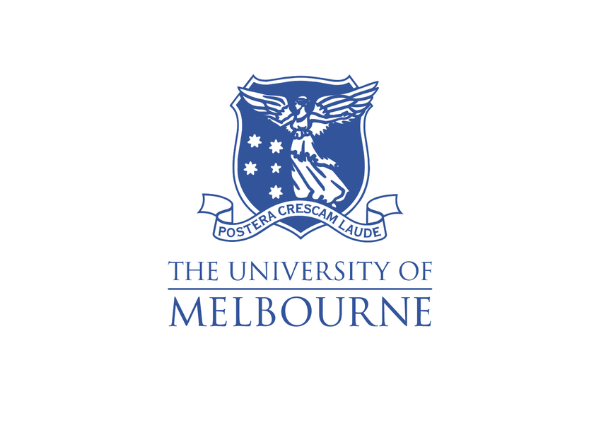Data from Australia Universities show that there is a gender imbalance in students enrolments in Computer Science (CS) subjects and once enrolled, there is a steady high female attrition rate. In real terms (at the University of Melbourne) just over half the number of females that start studying CS subjects (~30% of the initial CS cohort) complete a degree majoring in a CS subject.
This highlights two main issues – the need to attract more females and to ensure that the females already interested in CS are supported, motivated and facilitated in their studies. We focussed on the latter issue, focussing on factors that could influence the learning environment and the student experience. In a traditional University setting, students learn both in large lecture theatres and also in smaller groups when they attend tutorials and laboratories. Lecture sizes generally comprise 200+ studentsstudents and they are less interactive (sometimes even pre-recorded). Most of the personalised and practical learning occurs in workshops and tutorials. With this setup, it is often casual staff who most actively engage with students while delivering tutorials and laboratories/workshops and may they may unintentionally be perpetuating gender and cultural stereotypes.
This led to the development of an unconscious bias training workshop that was initially given to tutors and demonstrators for the first year CS subjects and is now being integrated into the School and Faculty’s requirements for all new tutors and demonstrators that are hired not only for CS but also for subjects in the Faculty of Engineering.
The unconscious bias workshop was developed by a team comprising researchers from the CS and Management fields. Within the management field there are well-developed unconscious bias training workshops that have been developed for organisations. There are also unconscious bias training workshops that have been developed for permanent lecturing staff and focus on bias in assessment tasks and teaching examples. This unconscious bias workshop is different in that it focussed 3 of 6 on the smaller learning environment, more personalised interactions where the power differential was smaller as the students and tutors (demonstrators). We used existing unconscious bias training workshops as a basis to create a training module with very practical skills to address creating an inclusive learning environment for everyone.
The unconscious bias training workshop was designed to educate tutors and demonstrators on creating an inclusive learning environment. The workshop was developed with these specific goals:
- To communicate the importance of managing bias without creating defensiveness – the training should explain that everyone has unconscious biases, not because we’re bad people, we have them simply because we are people.
- To structure the content around teaching situations – to make training more relevant and memorable, the content will be around specific teaching situations.
- To make it action oriented – the training will discuss strategies to increase feelings of belonging

